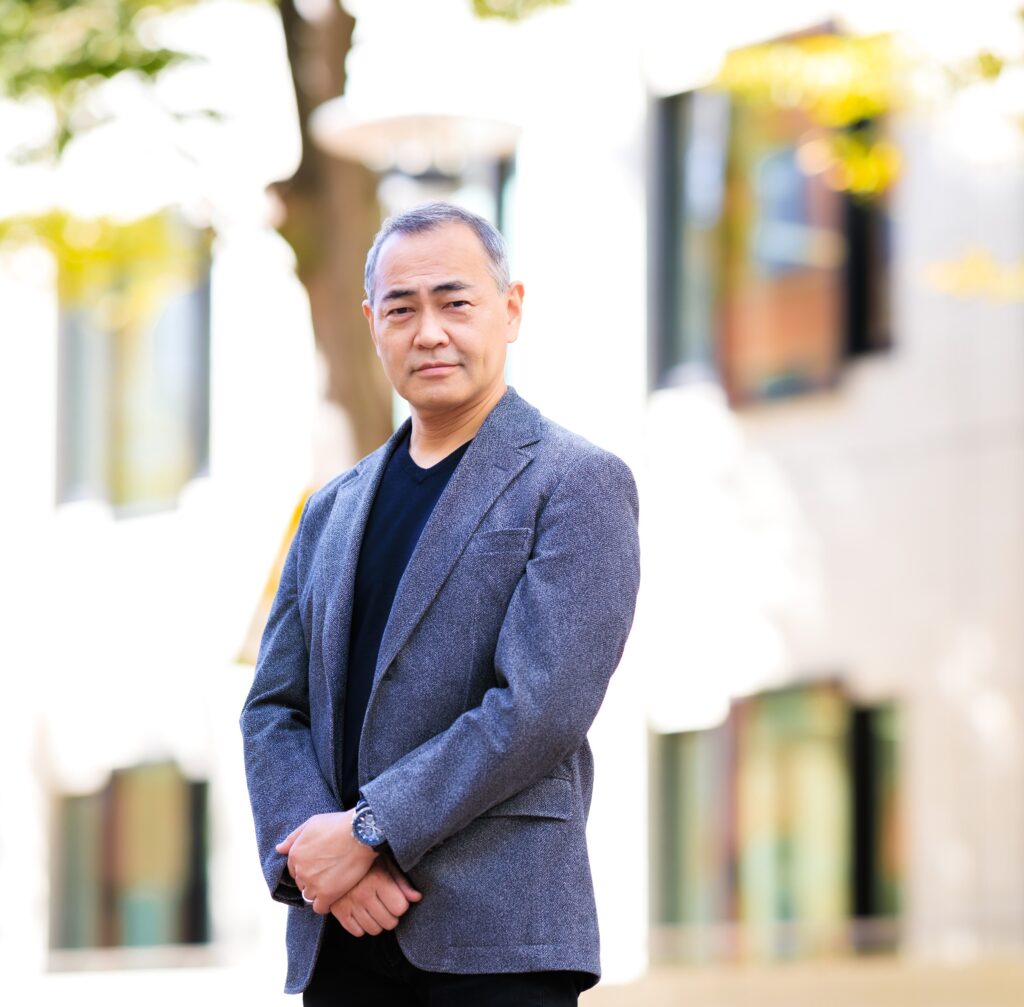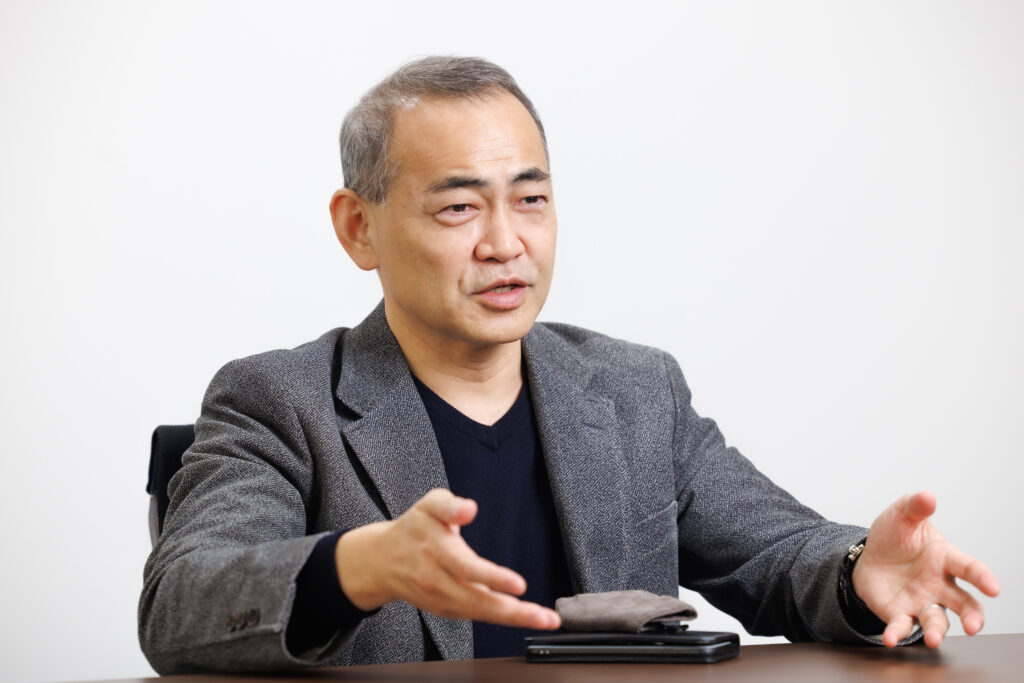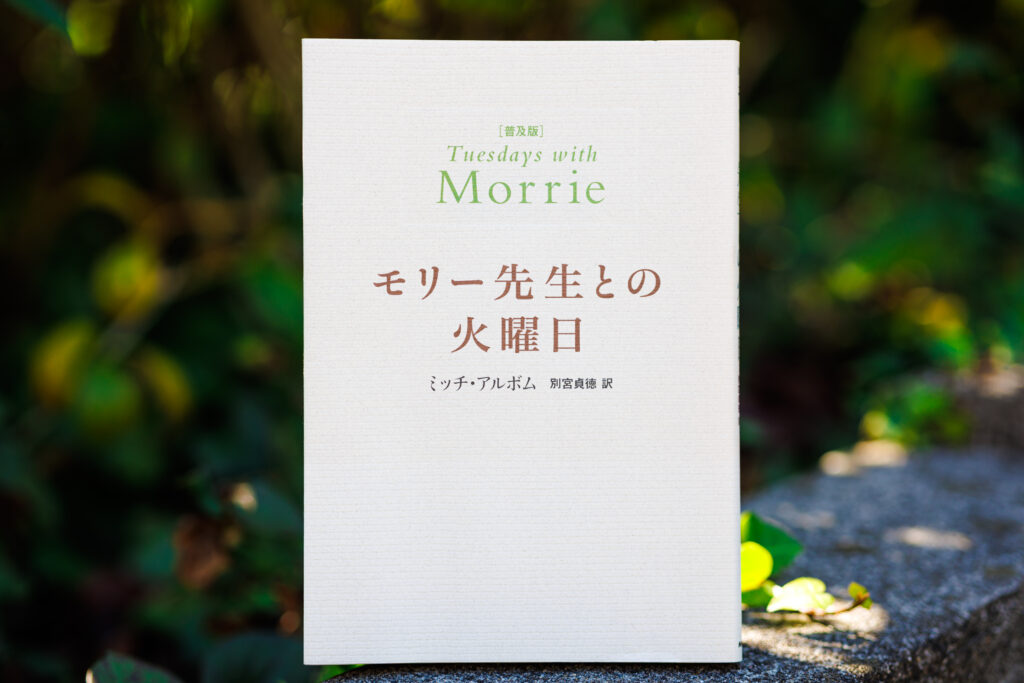
Faculty of Foreign Studies Professor Shinichi Izumi pursues second language acquisition as his specialty, which is a sub-field in applied linguistics. In particular, he focuses in his research on acquisition of English and its application to teaching. He is also involved in English education reform from an array of standpoints including entrance exam reform and revision of junior and senior high school textbooks and curriculum guidelines.
My field of specialty is applied linguistics, and I have particularly researched second language acquisition. Second language acquisition is the academic field that asks how people learn a second or foreign language after acquiring their first language, what the stumbling blocks are, how to overcome them, etc.
In my research on second language acquisition, I learned the importance of teaching with a focus on what you can do with English, what you can learn through it, and what you express using it. In that sense, English learning should not be considered only as a matter of learning and memorizing its grammar, vocabulary, and pronunciation. It’s much more than that.
From education focused only on forms to education focused on meaning

The areas I am most interested in currently are CLIL (Content and Language Integrated Learning) and FonF (Focus on Form). CLIL is an educational approach that began spreading around Europe in the 1990s, and started entering Japan in 2000.
Before CLIL entered Japan, Japanese people learned grammar points and vocabulary one by one, removed from any sort of context, in what is known as entrance-exam English cramming. While textbooks did feature readings on various important topics such as human rights and environmental issues, it was rare for students to have discussions on those topics; instead, teachers merely tried to instill knowledge about grammar and vocabulary through predominantly form-focused teaching.
But why are grammar and words important in the first place? Forms are important for receiving and communicating messages, and they are mere vessels if there is no underlying content within them. The idea of considering the integration of language teaching with content teaching began in Europe and North America, and has currently spread across the entire world.
Teaching language alongside a topic makes it easier to learn. Simply trying to stuff relative clauses for example in your head makes it difficult to learn. However, understanding the content being discussed in context leads to better learning and memory retention and creates situations where students can use language for meaningful communication.
Changing English education in Japan is my goal
The seeds for my interest in second language acquisition research began with my desire to change English education in Japan. To change education, many different things must be done from multiple angles.
While pursuing research at the university, I also engage in dialogue in an array of venues including Ministry-of-Education meetings to infuse curriculum guidelines with insights from second language acquisition and opinions of teachers on the frontlines.
Entrance exam reform must occur simultaneously with this. For example, the TEAP (Test of English for Academic Purposes) is an English exam developed jointly by Sophia University and the Eiken Foundation of Japan, and is different from TOFEL and TOEIC in that it has been designed from its outset with Japanese university entrance exams in mind. I myself have been involved in its creation since its initial development stage.
We must also not forget textbook reform. As an editorial board member for junior high and senior high school textbooks, I am engaged in reforming textbooks in order to reflect the knowledge of second language acquisition research. Furthermore, cultivating instructors, that is, teacher education, both inside and outside of the university is important. To that end, I conduct nationwide training and lecture sessions for in-service teachers. I believe that by striving along these multifaceted angles, English education reform will finally start to bear fruit.
The book I recommend
“Tuesdays with Morrie (Trade edition)”
by Mitch Albom, Japanese translation by Sadanori Bekku, NHK Publishing

This is the story of Morrie Schwartz, a university sociology professor who is aware of his impending death. Death approaches unrelentingly and could come to anybody at any moment. The book proposes that an awareness of your inevitable death can give meaning to your life. It is an inspiring work that leaves you pondering your daily life journey.
-
Shinichi Izumi
- Professor
Department of English Studies
Faculty of Foreign Studies
- Professor
-
Professor Izumi graduated with a major in International Studies from the Faculty of Liberal Arts at Tokyo International University, and also attained a B.A. in Political Science from Southern Oregon University. He later earned an M.A. in Applied Linguistics from Southern Illinois University at Carbondale and a Ph.D. in Applied Linguistics from Georgetown University. He served as a Visiting Scholar at the University of Hawaiʻi at Mānoa and the University of Auckland in New Zealand. He has served in his current position since 2012.
- Department of English
Interviewed: October 2022